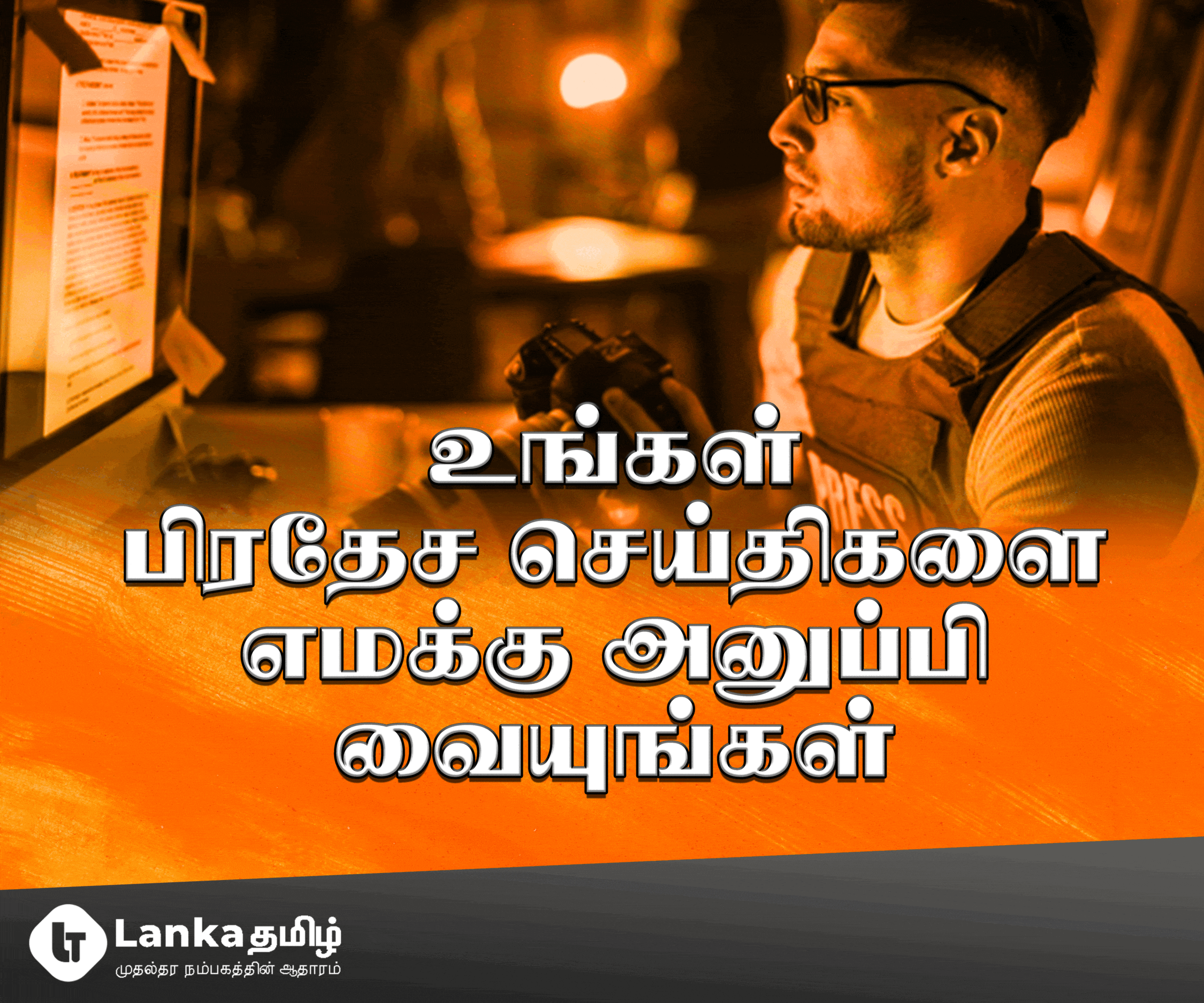Yesterday, the government faced opposition in Parliament as it sought to increase revenue by passing a legislation that would reduce the number of VAT-exempted items from 138 to 97. This move is expected to cause a two percent increase in inflation.
Despite it being a Sunday, the House was convened for a special session due to the urgency of passing the bill. If enacted, the government could collect up to Rs. 338 billion, contributing to its goal of increasing revenue to 15 percent of the Gross Domestic Product (GDP) by 2025.
With the possibility of the next IMF tranche approval looming, the government is compelled to meet its revenue targets within the specified timeline.
During the debate, State Minister of Finance Ranjith Siyambalapitiya defended the legislation, emphasizing its long-term economic stability benefits, despite acknowledging the short-term difficulties faced by the public due to the already high cost of living. He suggested that the proposed reduction in electricity prices and the drop in fuel prices in the global market could help offset the impact on inflation.
However, SJB MP Dr. Harsha de Silva, while not opposing revenue generation in principle, expressed concerns about including items like fresh milk and agriculture implements in the VAT list, considering their impact on the public.
The debate between the government and the opposition primarily revolved around the absence of a list of 41 categories of items excluded from VAT.
Meanwhile, SJB MP Nalin Bandara Jayamaha raised the issue of a lack of quorum in the House to proceed with the debate. Deputy Speaker Ajith Rajapakse, who was presiding at the time, ordered the quorum bell to be rung for five minutes, following the parliamentary rules.
Unfortunately, the government failed to maintain the required number of MPs present in the House to meet the quorum. As a result, the Deputy Speaker adjourned the House until today, including the pending matters.


















